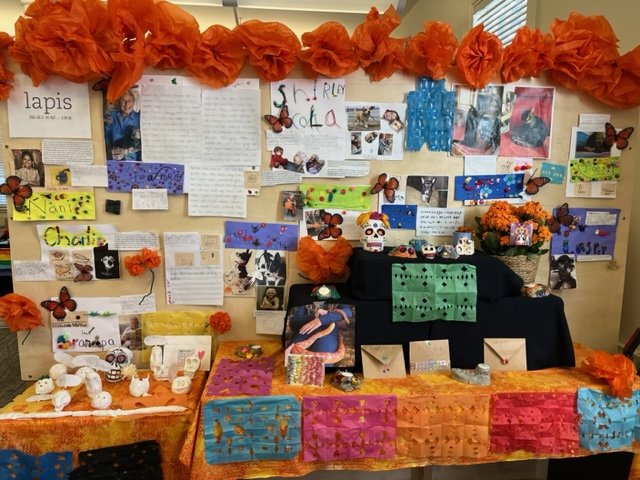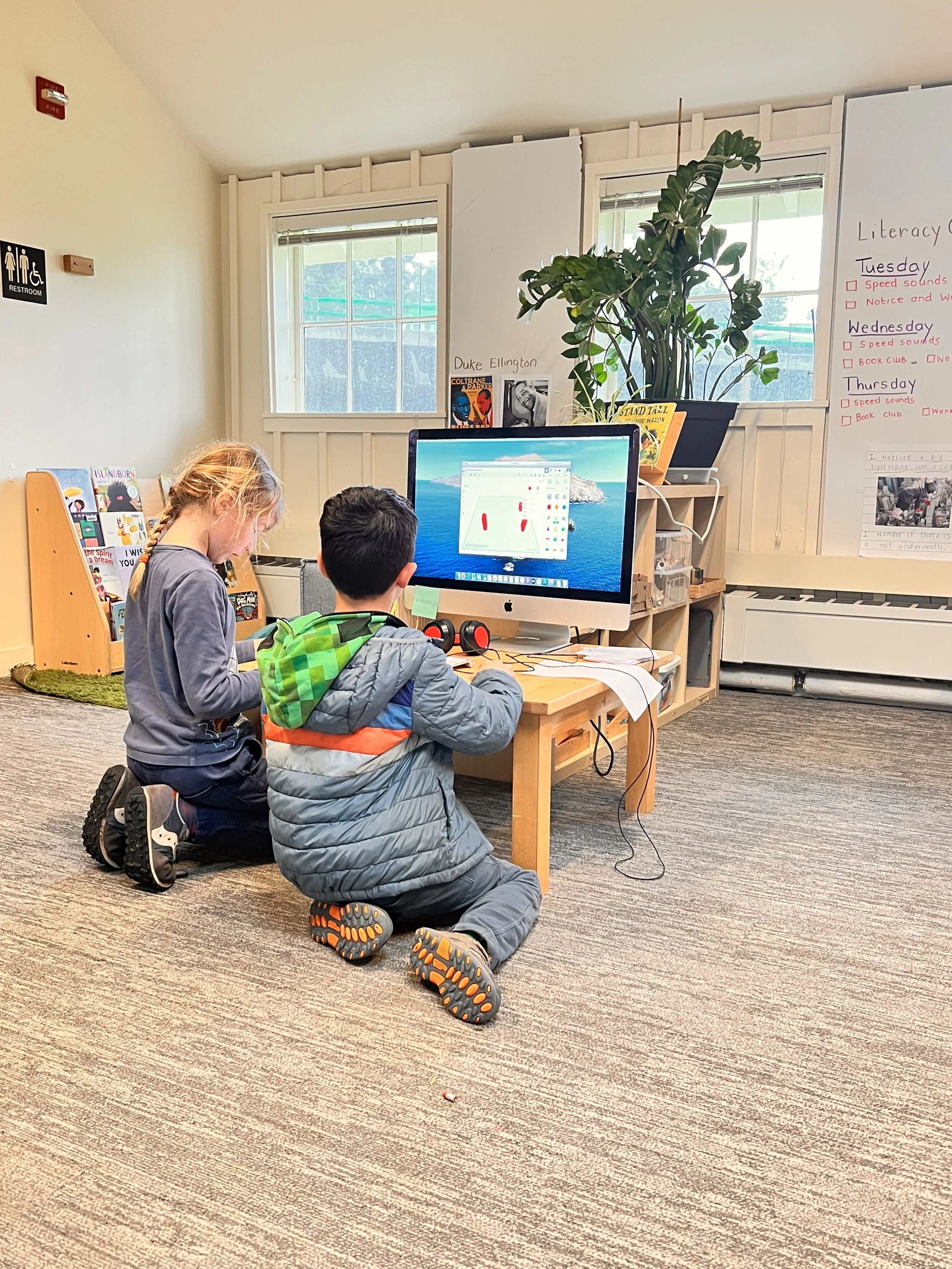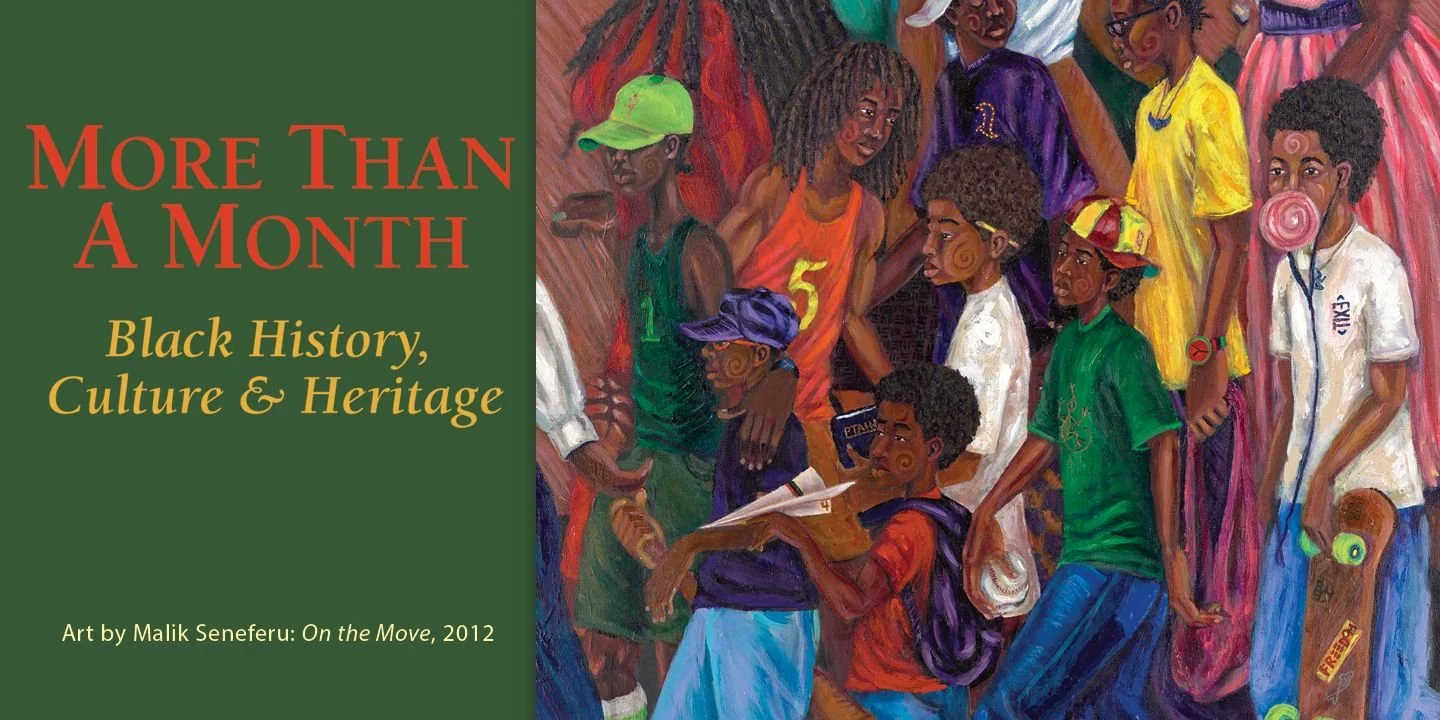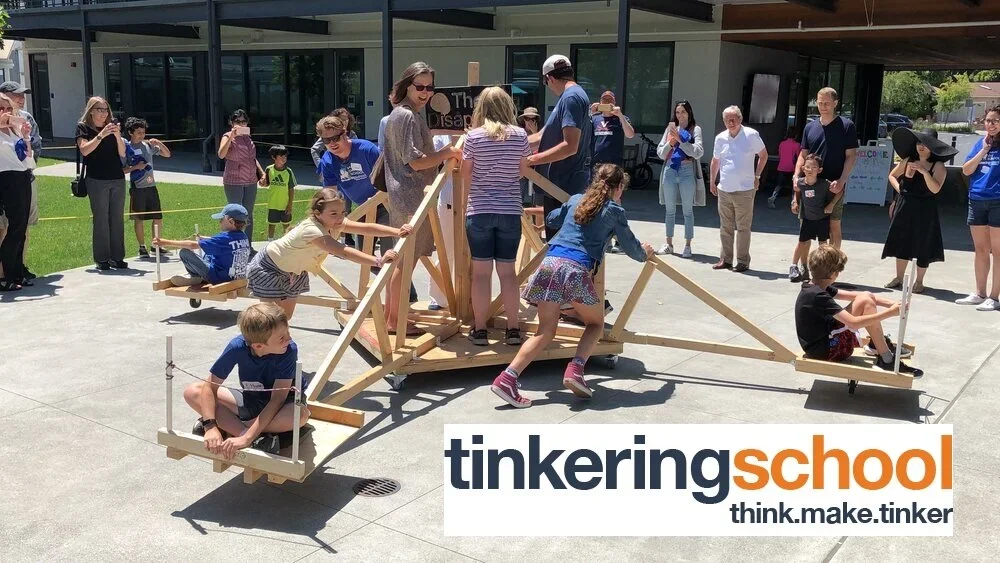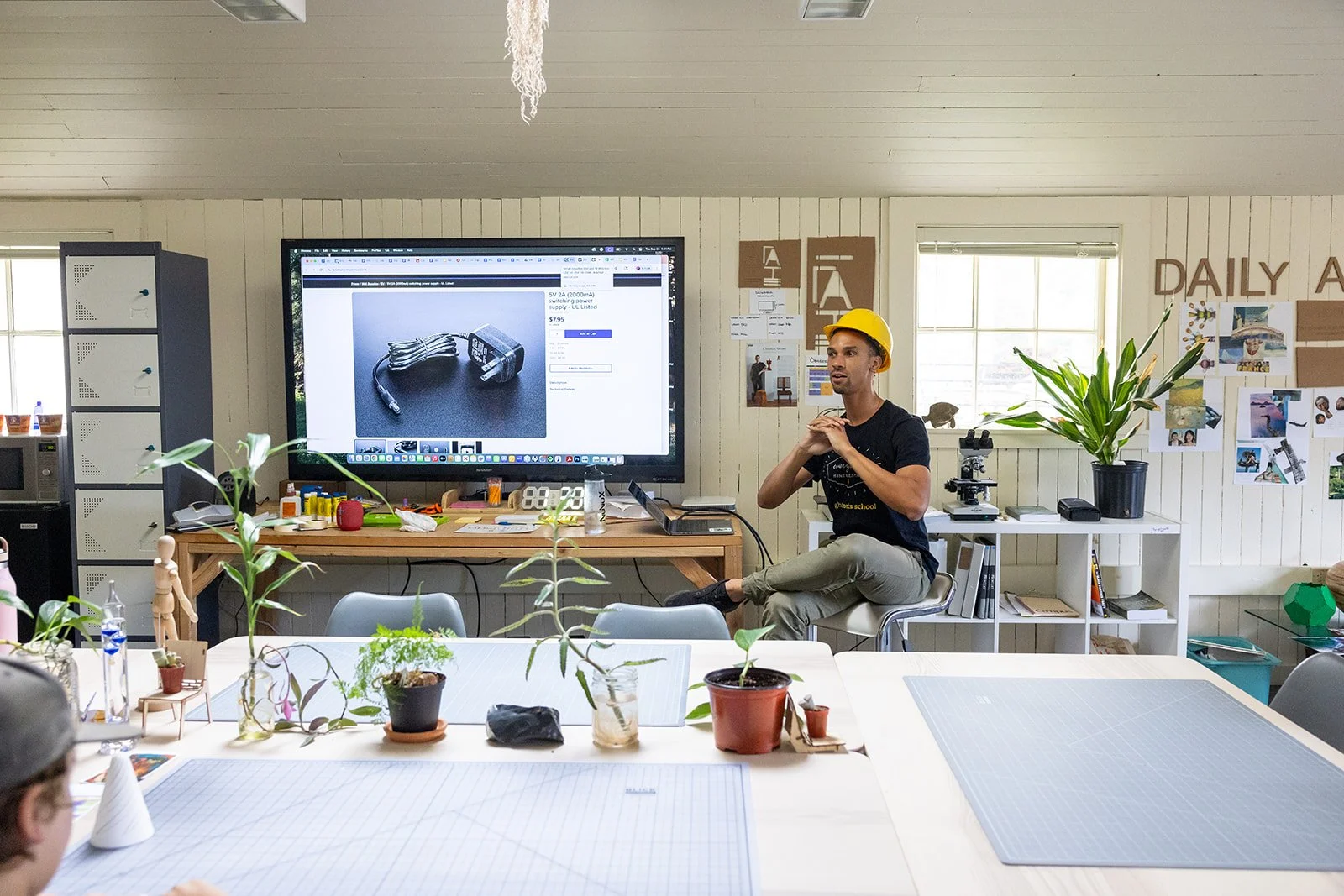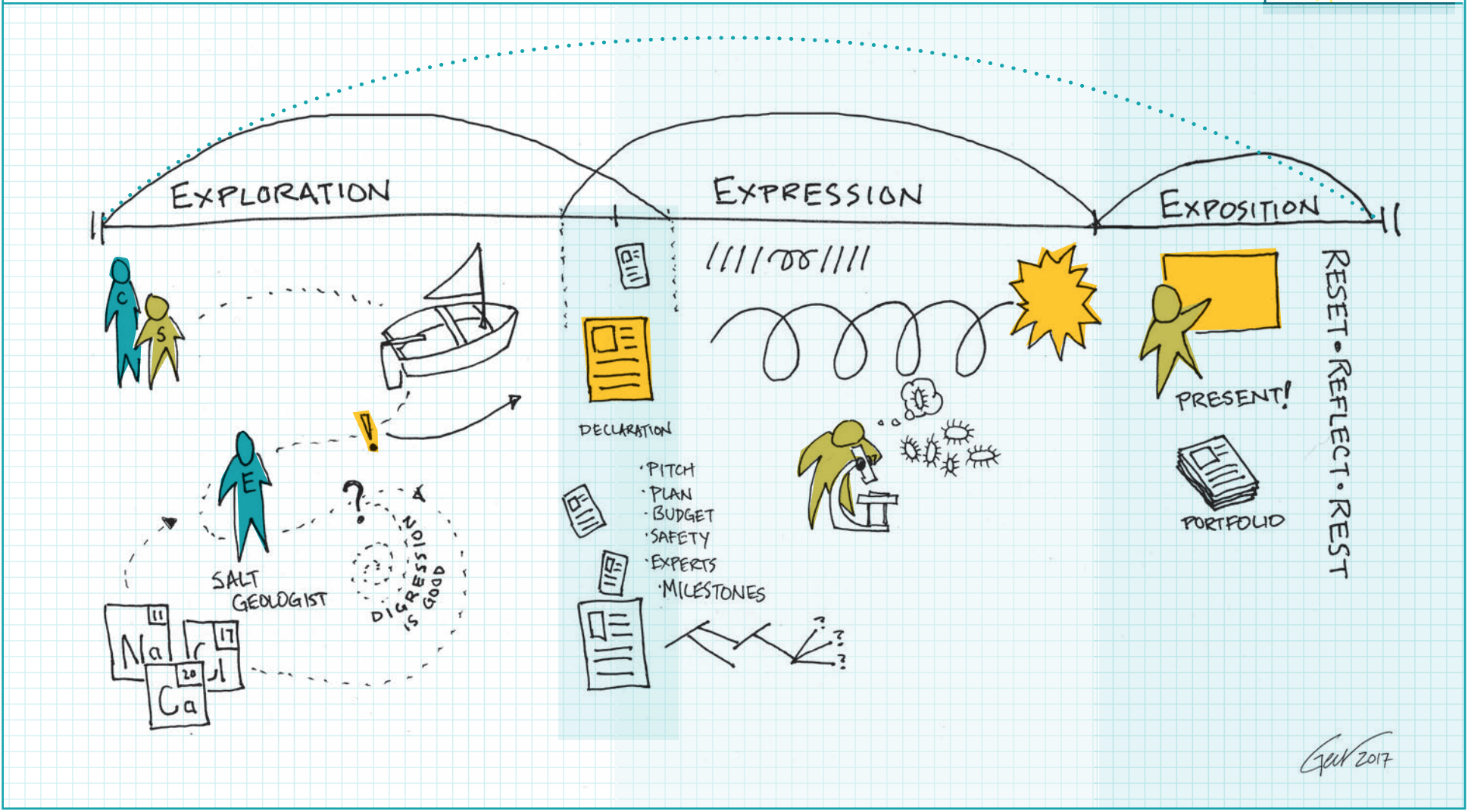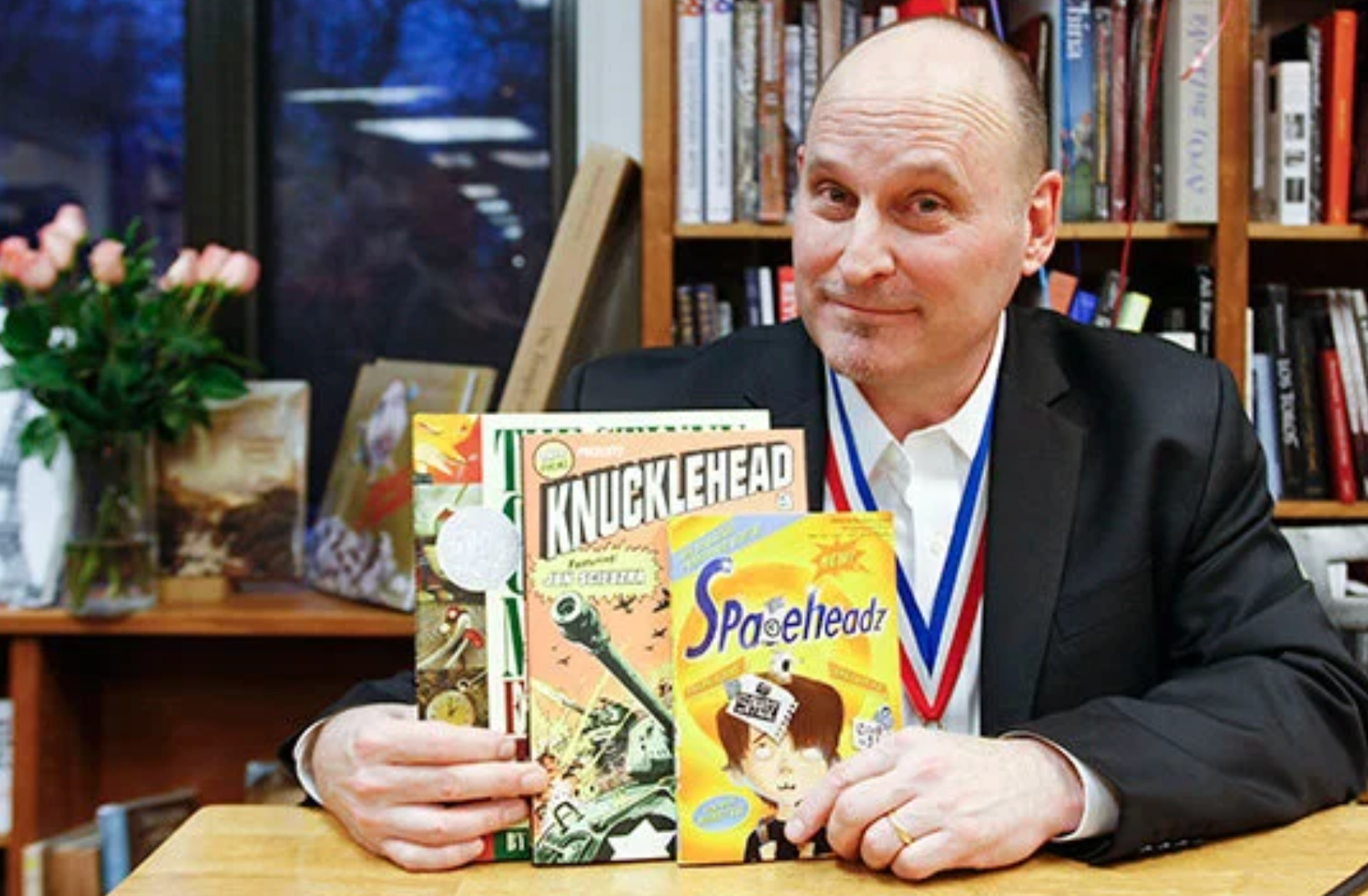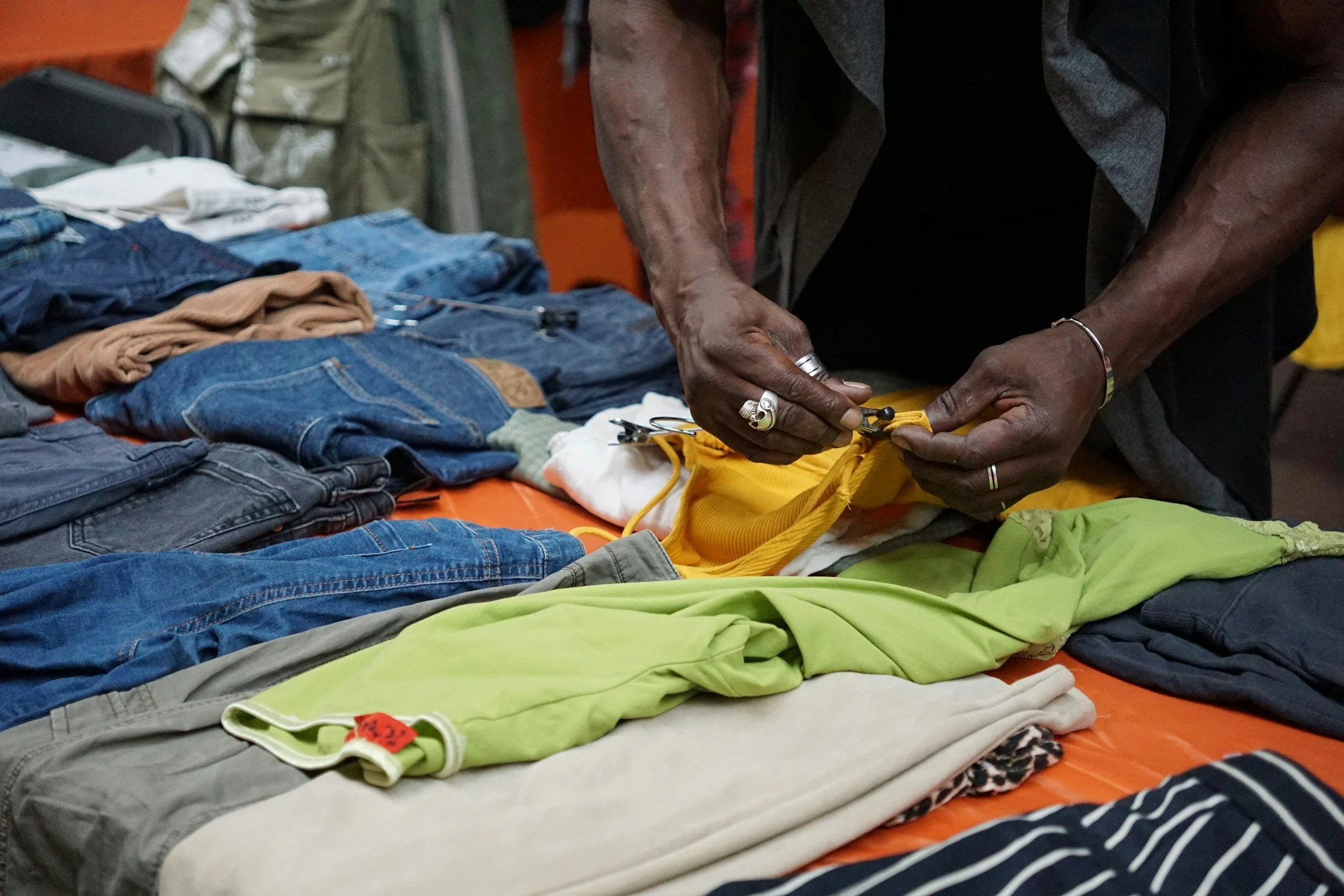Identity, Diversity, Justice & Action
at Brightworks
Brightworks aspires to be a place where students and staff of all racial, ethnic, religious, and socio-economic backgrounds feel seen, empowered and celebrated.
We strive to foster a positive sense of personal identity, as well as respect for the differences among us.
Celebrating our Rich Diversity
When everyone in our community feels empowered and celebrated, we all thrive.
Brightworks is intentional around honoring its diverse communities in deep and affirming ways. Several times in the school year, we transform our space to highlight and showcase the many cultures represented in our community. These celebrative transformations center learning and understanding through music, food, and art.
By honoring and celebrating diversity, our students learn about the lives of their school community, the larger world around them, and the importance of practicing empathy and understanding the experiences of each individual.
We look forward to expanding this work and continuing to honor the cultures of our school community.
If you are interested in learning more about our efforts or are interested in providing a cultural learning experience for Brightworks, please contact Michlene, our Director of Belonging.
These initiatives and efforts are led by the Power & Privilege (P&P) Committee.
-
Conflict is inevitable. This is one of those deceptively simple statements, a truism we may have nodded along to without fully absorbing. The first time I truly unpacked the idea that "conflict is inevitable," I realized that I had held the belief, as an educator and school leader, that I could eliminate conflict entirely by creating a perfect environment. It sounds laughable now, but that kind of magical thinking had taken root in my heart. Maybe you can relate?
I call it magical thinking because it's an impossible task. A school is a collection of individuals of all ages, striving to align in a common purpose, within the confines of time, space, and resources. There are countless ways for conflicts to emerge.
The liberating truth is that conflict is indeed inevitable. As educators and school leaders, our role isn't to shield everyone from conflict but to prepare our students and ourselves to address the consequences of conflict in a way that restores and strengthens relationships, rather than degrading them. Trust is the foundation of this school. If we can trust students to learn how to use tools safely, we can certainly trust them to navigate conflicts, assert their needs, and mend relationships when harm occurs.
This year, during our staff meetings, we're concentrating on Restorative Justice practices that help our students learn to manage conflicts. We're acquiring new techniques, sharing successful approaches, and examining areas where we can grow. As a staff, we're addressing growth areas related to the consistency of language and approaches across the school. We're also striving to make our restorative efforts more visible to students who may not be directly involved but still feel the effects of a conflict.
Many people associate Restorative Justice solely with addressing hurt feelings or broken agreements, but it extends far beyond that. It encompasses understanding white supremacy characteristics and how those shape and limit our perceptions, learning anti-bias/anti-racist education, community building, self-awareness, and, of course, conflict resolution. How can we restore relationships if there's nothing to restore? How can we build relationships without empathy and self-awareness? How can we address conflicts without understanding our own biases?
When a conflict arises, causing harm between two or more individuals, we conduct separate interviews to comprehend the harm, feelings and needs involved. We ask “what are the needs?” both of the one who was harmed and the one who may have caused harm, then look at how we can repair the harm and meet those needs. Sometimes, if all parties are willing, we hold a restorative conversation where each side can share their feelings, needs, and potential solutions. Importantly, this conversation is voluntary; we don't compel apologies. If students choose not to engage in the repair process, we may need to consider alternative consequences.
Nonetheless, our approach always centers on understanding the needs that surfaced and ensuring they are met without causing harm in the future.
As we all learn and practice restorative justice, we will gain greater insights and fluency.
If you have any questions related to Restorative Justice at Brightworks, please reach out to Michlene.
-
The Brightworks Power & Privilege Committee meet bi-weekly to plan community wide events, coordinate guest speakers/educators, organize events specific to BI&PoC community and address any issues of belonging.
-
Our goal is to share resources and information that highlight our truth and current efforts in creating an environment of care, representation, and resilience.
In addressing diversity, it’s important to acknowledge and face our deficiencies with full humility – only then can we begin to hold ourselves accountable and move away from a space of inactivity and performativity, and towards a space of social justice.
As a predominantly white institution Brightworks continues to uphold and preserve structures and ideologies that celebrate and emit characteristics of whiteness. Therefore, we accept and admit that our negligence in addressing racial inequities at Brightworks is a functionality, and preservation of white supremacy.
With a commitment towards mitigating the dominance of whiteness at Brightworks, we are implementing various strategies to begin thwarting and challenging our ideologies and frameworks that inhibit us from achieving social justice.
These strategies are a three-pronged approach and serve as a collectivized system to support our overall commitment towards DEI. We view and define the Brightworks community as faculty, students and families - in other words - our DEI strategies work towards supporting each of these groups with distinct initiatives and outcomes.
To learn more about these efforts and how each facet of BWX is working towards a more just and equitable learning environment, please visit our DEI Strategic Plan page for more information.
Brightworks collaborators featured here during an impactful restorative justice training with Amplify RJ’s own DeMointe Wesley.
The P&P committee is predominantly BIPOC-led and composed of family members, leadership, faculty, administrators and students. Following the work of Dr. Darlene Hall, the committee is tasked with examining how Power & Privilege impacts and dictates the various layers of brightworks.
At the heart of this committee is its ability and positionality to hold Brightworks accountable to its DEI efforts and initiatives. To this end, the P&P committee is also tasked with leading all restorative justice efforts and training.
Brightworks has committed itself to steer away from punitive practices by imbedding efforts centered around communal healing and awareness. The P&P committee has also identified the need to further support and coach our collaborators in developing culturally aware and responsive curriculum and learning spaces. The curriculum and collaborator support committee is teacher led and meets bi-weekly.
Resources
See below for a compilation of resources for community members, parents and students of all ages and demographics to further explore and learn.
“The only way to undo racism is to consistently identify and describe it—and then dismantle it. ”



